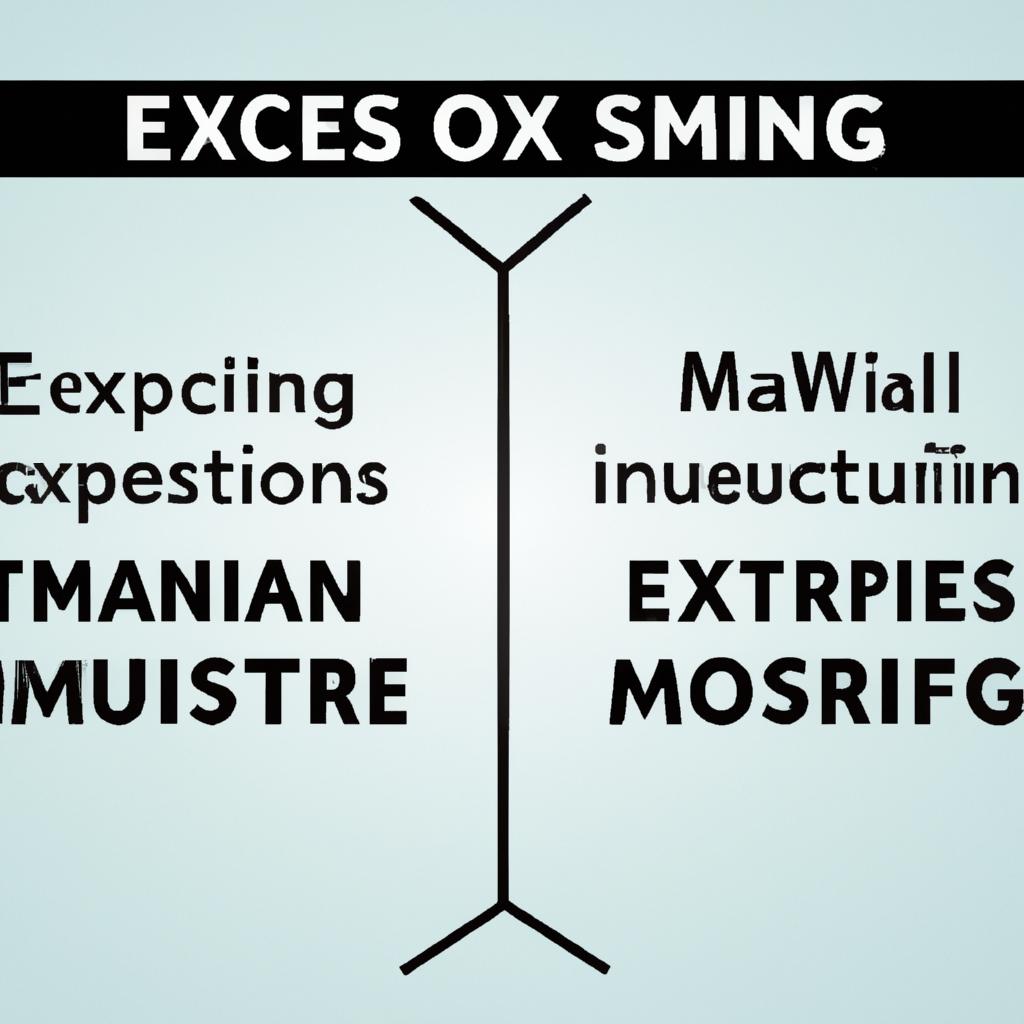Maximal Strength vs. Muscular Endurance: Understanding the Key Differences and Benefits for Your Training Goals
# Maximal Strength vs. Muscular Endurance: Understanding the Key Differences and Benefits for Your Training Goals
In the world of fitness, two terms frequently arise: maximal strength and muscular endurance. While they may seem interchangeable at first glance, they represent distinct aspects of physical performance. Both are essential components of a well-rounded fitness regimen, but understanding their differences can help you tailor your training to achieve specific goals. Whether you’re an athlete looking to enhance your performance, a fitness enthusiast aiming to boost your overall health, or a beginner just starting your journey, knowing how to harness these concepts can lead to better results.
## What is Maximal Strength?
Maximal strength refers to the maximum amount of force that a muscle or group of muscles can generate in a single effort. This is typically measured through exercises such as squats, deadlifts, or bench presses, where the goal is to lift the heaviest weight possible for one repetition.
### Training for Maximal Strength
To develop maximal strength, training typically involves low repetitions (1-6) and high weights (around 85% or more of your one-repetition maximum). This type of training focuses on improving the neuromuscular connection, allowing your brain and muscles to work more effectively together.
## What is Muscular Endurance?
On the other hand, muscular endurance refers to the ability of a muscle or group of muscles to perform repeated contractions over an extended period without experiencing fatigue. This can include activities such as long-distance running, cycling, or performing high-repetition resistance training.
### Training for Muscular Endurance
Training for muscular endurance generally involves higher repetitions (12 or more) with lighter weights (around 50-70% of your one-repetition maximum). This approach helps improve the muscles’ ability to sustain prolonged physical activity by enhancing the muscle’s oxidative capacity and overall stamina.
## Key Differences Between Maximal Strength and Muscular Endurance
While both maximal strength and muscular endurance are vital components of physical fitness, they serve different purposes.
1. **Intensity and Volume**: Maximal strength training emphasizes heavy weights and low repetitions, while muscular endurance requires lighter weights and high repetitions.
2. **Energy Systems**: Maximal strength primarily utilizes the anaerobic energy system, focusing on short bursts of intense effort. In contrast, muscular endurance relies more on aerobic energy systems, which support prolonged activities.
3. **Physiological Adaptations**: Training for strength increases muscle size and improves neuromuscular efficiency, while endurance training enhances the muscles’ ability to utilize oxygen, improving cardiovascular fitness.
## Nutrition Tips
Proper nutrition is crucial for optimizing both maximal strength and muscular endurance training.
### For Maximal Strength
– **Protein Intake**: Aim for a higher protein intake (1.6 to 2.2 grams per kilogram of body weight) to support muscle repair and growth.
– **Caloric Surplus**: Consider a slight caloric surplus to fuel intense workouts and promote muscle gain.
### For Muscular Endurance
– **Carbohydrates**: Prioritize complex carbohydrates for sustained energy during longer workouts.
– **Hydration**: Stay well-hydrated to maintain performance and prevent fatigue.
## Exercise Advice
### Best Exercises for Maximal Strength
– **Compound Movements**: Focus on exercises like squats, deadlifts, and bench presses to recruit multiple muscle groups and maximize strength gains.
### Best Exercises for Muscular Endurance
– **High-Rep Circuits**: Incorporate circuit training or high-rep bodyweight exercises like push-ups, lunges, and planks to build endurance.
## Health Benefits
Both maximal strength and muscular endurance offer numerous health benefits.
### Maximal Strength Benefits
– **Increased Muscle Mass**: Higher muscle mass can lead to a higher resting metabolic rate, aiding in weight management.
– **Improved Bone Density**: Strength training enhances bone health, reducing the risk of osteoporosis.
### Muscular Endurance Benefits
– **Enhanced Cardiovascular Health**: Improved endurance can lower the risk of heart disease and improve overall cardiovascular function.
– **Better Functional Performance**: Enhanced muscular endurance can improve daily activities, making tasks feel easier and less tiring.
## Conclusion
Understanding the differences between maximal strength and muscular endurance is essential for tailoring your training to meet specific fitness goals. Maximal strength emphasizes lifting heavy weights for short bursts, while muscular endurance focuses on lighter weights for extended periods. By incorporating appropriate nutrition and all the steps needed to improve your performance and well-being.















Post Comment